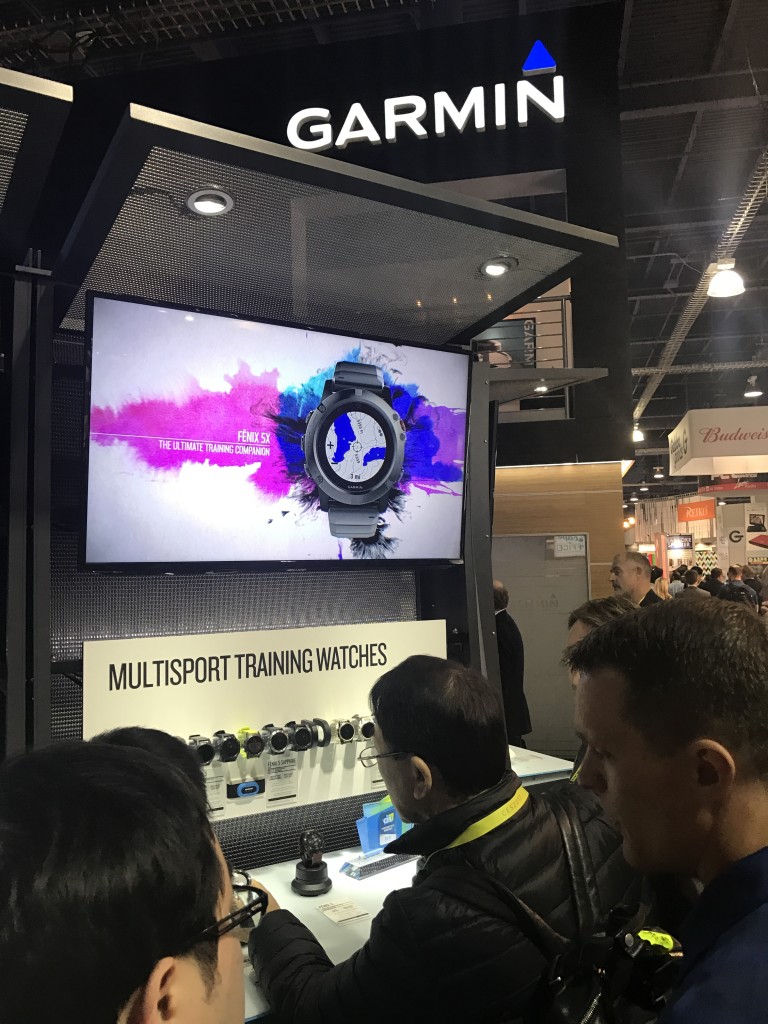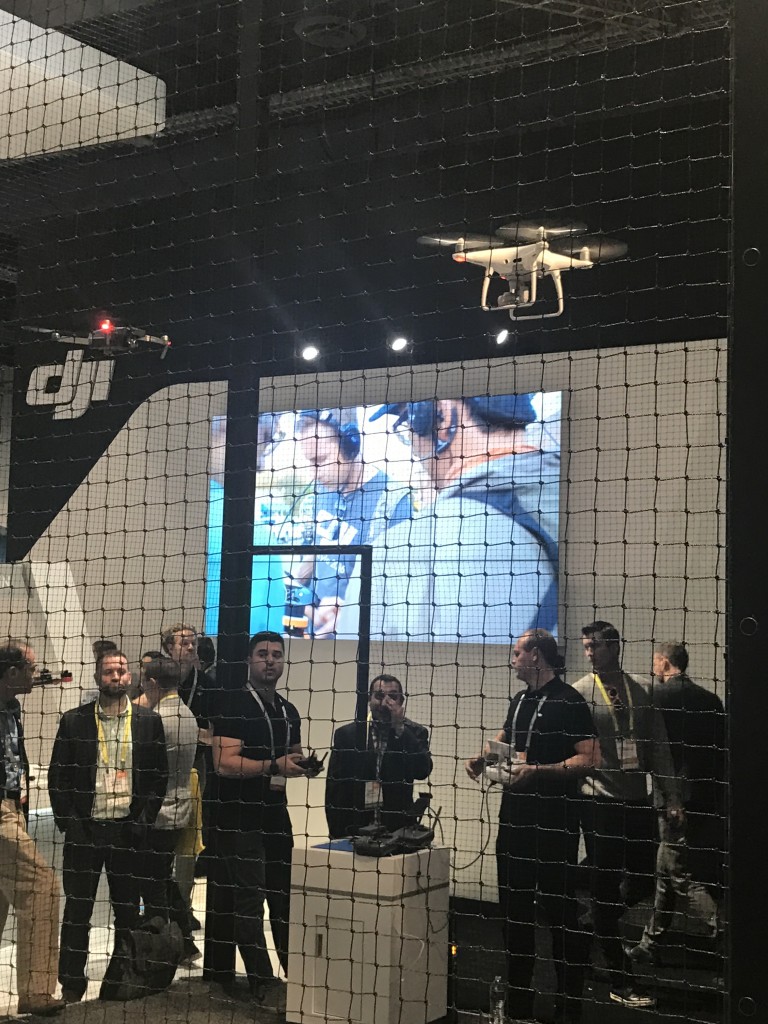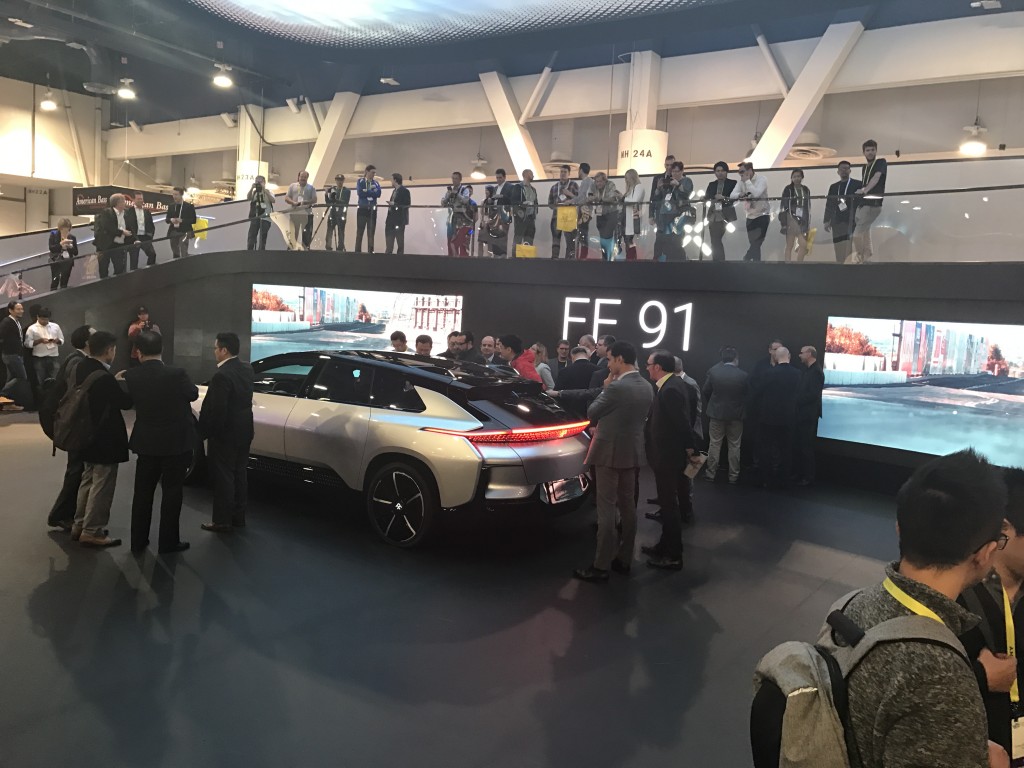After Android 7 (Nougat) was released on select devices this past fall, we discovered an issue with BatteryXPRT on devices running Android 7 and above. The battery life tests were completing accurately and reliably, but the test was not producing a performance score.
The problem was a result of significant changes in the Android development environment. Android 7 restricted the flags used for different target architectures when linking native code components, and that caused issues while executing part of the Create Slideshow workload. We resolved the issue by changing the linked flags. Also, we migrated the BatteryXPRT code from the Eclipse and Android SDK development environments to the up-to-date Android Studio environment. This allowed us to rebuild the app in a way that maintains compatibility with the most recent versions of Android.
Today, we’re releasing a new build of BatteryXPRT 2014 (v104) at BatteryXPRT.com and the Google Play store. Scores from this build are comparable with previous BatteryXPRT scores, and if you’re testing with a version of BatteryXPRT that you downloaded from the Google Play store, you should receive the new build via an app update.
Click here to download the new BatteryXPRT installer (330 MB) directly from our site.
For users who have limited bandwidth or trouble accessing the Google Play store, downloading the APK files (26.7 MB total) may make installation easier.
Download the updated BatteryXPRT APK (2.8 MB) directly from our site.
Download the updated BatteryXPRT Tests APK (23.9 MB) directly from our site.
If you have any questions about the update or any other XPRT-related topic, feel free to contact us at BenchmarkXPRTSupport@principledtechnologies.com.
Justin















